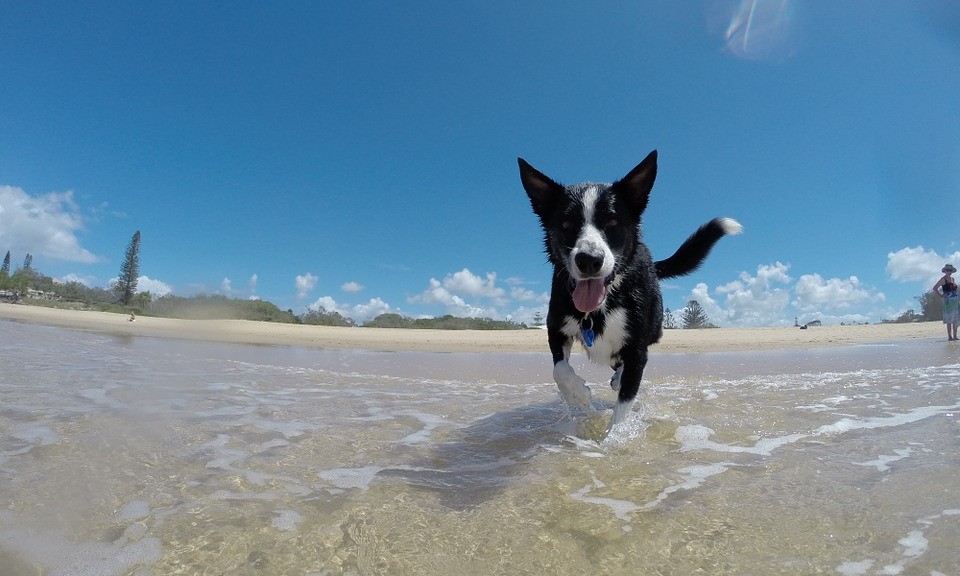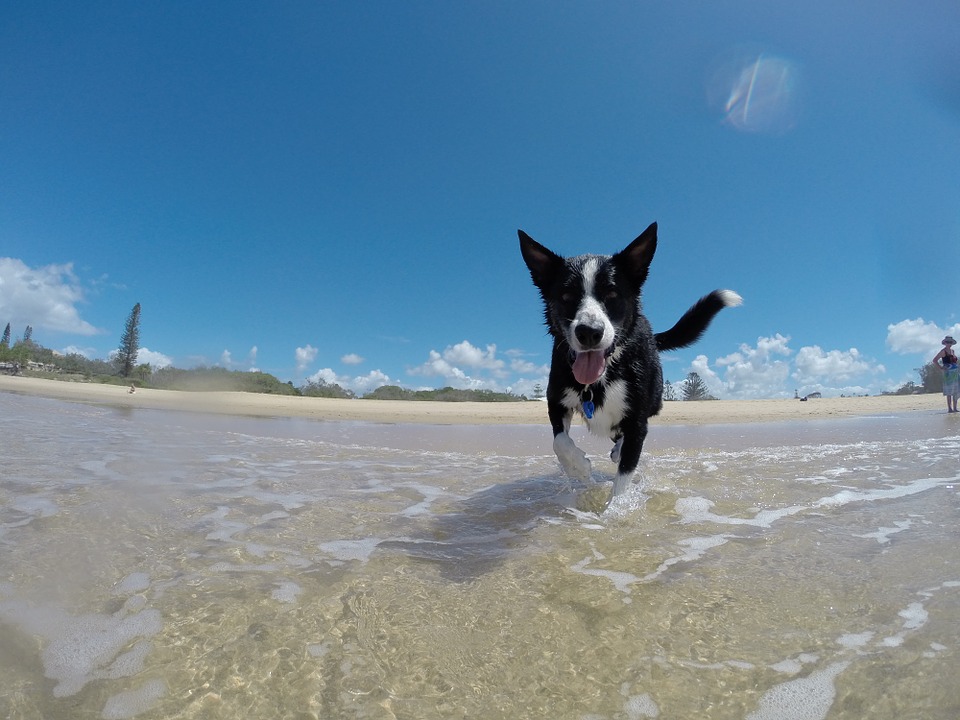This coming weekend is calling for the first official heat wave of the summer and if forecasts are correct, you won’t be the only one suffering. We all know to give our pets extra water and to keep them out of a parked car, but there are circumstances in which your animals can still be injured if proper precautions are not taken. Heat toxicity or heat injury can run from heat exhaustion, the early stages of a heat-related event, to heat stroke, which is an emergency. Here are some ways in which you can prevent heat-related injuries in your pet this summer.
Even in mildly warm weather, leaving your animal in a parked car can cause severe harm. The interiors of cars heat up quickly, even when windows are partially cracked or parked in the shade. Temperatures can rise to deadly levels quickly on warm days. On a 90-degree day, it takes only 10 minutes for a car to heat up to 109 and in less than 50 minutes for a car to reach 130. Even on a cool 70-degree day temperatures can reach triple digit levels within a half hour. Heat toxicity can also occur in dogs that exercise too vigorously during periods of high heat. Even dogs that are in good shape and experience heat often can still develop heat injuries.
Heat stress happens when the animal’s internal body temperature increases rapidly, causing organs to fail. Since cats and dogs can’t sweat, cooling of the body doesn’t occur as quickly as it does for humans. Instead, pets pant in order to dissipate the heat.
Signs of heat stress:
Panting
Excessive salivation
Weakness
Collapse
Bright red membranes of the mouth, tongue, eyes, and skin in lighter dogs
Vomiting and diarrhea
In order to prevent heat stress happening to your pet, you must know what is ok and what is not ok. It is never ok to leave your pets in a parked car, even if you’re going to be quick. You never know what may hold you up while your pet is suffering outside. Carefully monitor and limit your dog’s extraneous exercise during warm periods. Obese or overweight dogs that need exercise are particularly vulnerable to overheating. Even with a reduced exercise schedule, take frequent breaks in the shade. In weather over 80 degrees, bring water or even ice for your dog. If you need to quickly reduce your dog’s temperature, soak a towel in cold water and place it on his or her back. To avoid overheating during warm summer months, exercise early in the morning or later in the evening when temperatures have dropped. If you have a long-haired animal, give them a haircut, just for the summer months.









